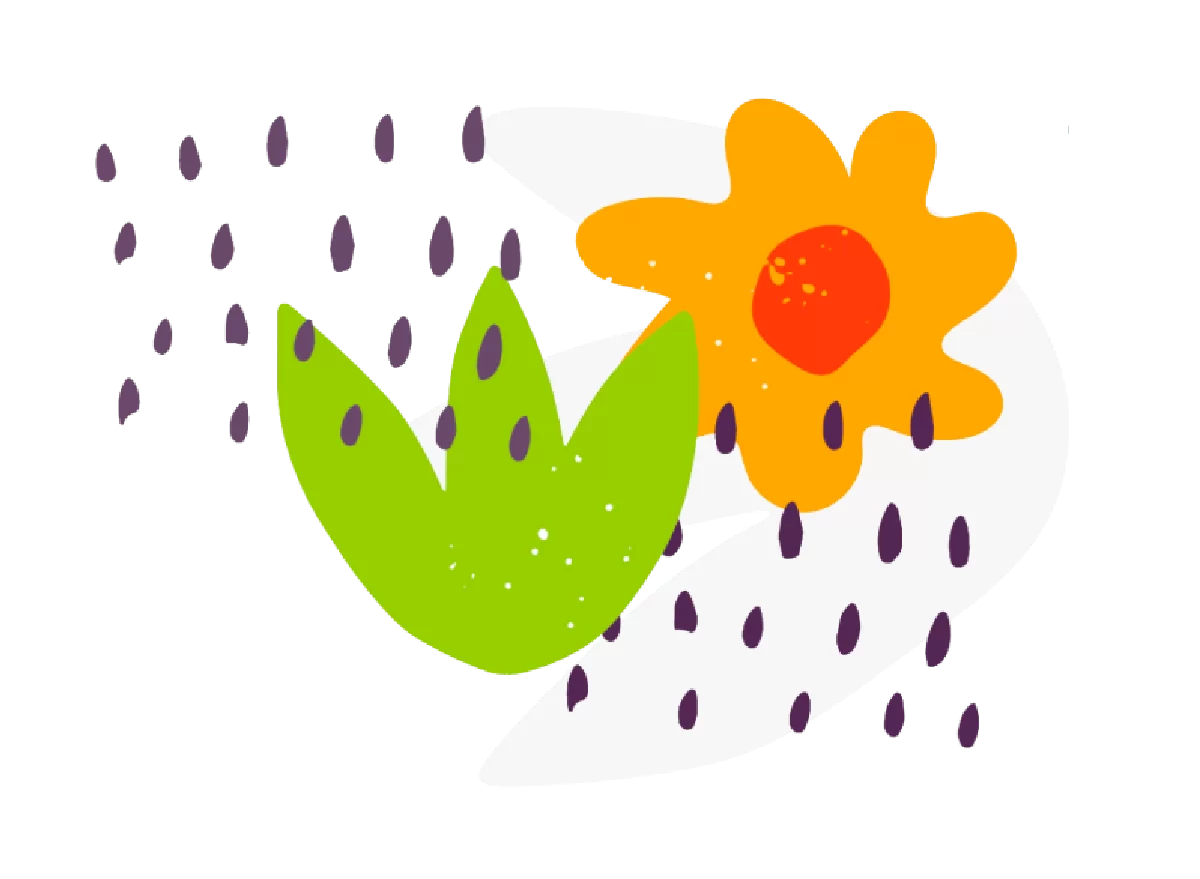Maggie Atkinson is an English educator and the former Children’s Commissioner for
England. After a career in teaching, she moved into public service administration, initially
in education, but later in children services. For the latest episode of our ‘In Conversation
With’ series, we chatted to Maggie about the importance of empathy when working with
children and young people, ‘silence the room’ moments, and her plans for the future.
With a wealth of experience behind her, Maggie now works as a self-employment consultant
and a scrutineer in the English safeguarding system and children’s services. She is also a
UNICEF trustee and chairs a charity that runs arts, education and culture for children and young
people in London.
“I’m also a grandma and I’m married to a great guy who’s got nothing to do with children’s ser-
vices and keeps me grounded,” Maggie laughs.
Throughout her career, Maggie has been helping people to understand that childhood is not just
a phase waiting for adulthood – “it’s the period of opportunity to make citizens who will lead
parents, teach and deliver services, heal you, sweep your streets, and dig your gardens to the
very best of their ability. But only if you give them what you need.”
She explains that as adults, we all had somebody who opened doors for us at some stage and
now we need to pay that forward for the next generation who will be leaders.
Maggie says that we have an obligation and a duty to help young people develop but that we
need to work alongside them.
“This work is hard because it’s hard. You are working with human lives.”
“One of my well-used and well-worn phrases – and people hate it when I do it – is when I smile
across the table and go, when are you going to get this? It’s not about you. Somebody did
things for you to get you where you are now, and they may be long gone. As most of my former
mentors are. But it is it was never about them.
“The teachers who went the extra mile, the people who did fantastic residential, the folks who
introduced me to live classical music in their shows, they weren’t doing it for them much as they
might have loved Johann Sebastian Bach. They were doing it for me. And if you come and work
in a people business. It is not about you.
“Whether you’re a doctor, a teacher, a nurse, a social worker, a youth leader, a Duke of
Edinburgh awards person, it’s not about your glory. Somebody else gave you your glory. It’s
about the people you are bringing out and leading on.
“This is your chance now to pay forward what somebody did for you to make you the person you
are. And if you’re a leader in the system, it’s even more incumbent on you that you put your ego
in your backpack and concentrate on the people you’re there to serve.”
We discuss the importance of changing young people’s perceptions of what an adult is and
should be. A young person coming out of care, for example, may have had difficult relationships
with their family and professionals moving in and out of their life. That young person’s percep-
tion of what care then becomes that people don’t stick around.
“There are particular cohorts of children and young people who will come into a relationship with
you as a professional adult with all of their defences up. They think ‘if I let this defence fall and
you then leave, then I’ve lost’.”
Maggie talks about a care-experienced young person who spoke at the All-Party Parliamentary
Group for Looked After Children and Care Leavers.
“She said “what none of you understand is that when you suffer loss – and you may well have
expected it, for example, somebody may well have been desperately ill or very elderly – as hard
as that loss is, you were starting to be ready for it the day you found out about it.
“My personal adviser who I’ve had an amazing 18-month relationship with and who I trust,
casually puts her coat on and says, ‘by the way, this is the last time you’ll see me’, as she
leaves, she takes part of my heart with her.
“I am not exaggerating when I tell you that’s what happens, and every time that loss happens,
part of my heart goes out through the door with the retreating back of the person concerned.
“And until you understand what that does to the interior of somebody like me who was already
abandoned and already lost – that’s why I was in care – you will never understand what you
need to do to reach me and to reach others like me.”
At The Care Leaders, we are trying to create more spaces for people like this young woman to
communicate that this is the reality and ‘this is how it makes us feel’.
We discuss the impact of trauma and loss on adults, too – teachers, like Maggie, for example,
who have had a class of 30 students for a year and have to face the reality of never seeing most
of them again.
“Every leavers group is the leaders group that you never want to say goodbye to. It’s very raw.
Working with people strips you of at least one layer of armour, and it’s very, very tiring.”
Maggie said there is a tendency for professionals to get caught up in the compliance and caught
up in the process of what they have to do but they rarely get the opportunity to ask themselves
what they would want for these young people if it were their son or daughter.
“You have to step away from your professionalism and into your humanity to answer that
question – and that’s what keeps me going.
“I do see work that is immensely human and sensitive and empathic with children and young
people. And I do see people who put their hand on the shoulder of a young person at university
that say ‘if nobody else is coming to your graduation, I will’.”
Maggie talks about her time working as children’s commissioner throughout the Munro inquiry.
Eileen (Munro) helped to bring children and young people into the space with her researchers
where they could tell the story.
Maggie said there was a respectful silence in which those stories were heard.
“The eight-year-old who sat with his social worker holding his hand so that he was brave
enough to say what he had to say, said ‘I haven’t seen my brother and sister for’ – I can’t re-
member how long but in the lifetime of an eight-year-old it was an eternity – ‘and what you did
as social workers was you came to our house and you saw how messy it was and the fact that
there wasn’t food in the fridge and that we weren’t clean, and you decided that it wasn’t doable
anymore and you had to take us away’.
“He said ‘but when you took us away, you didn’t take us to one place, you split us up. I need to
tell you that if what you’d done instead of doing all that and all the time that you wasted looking
at us and writing things down, if you’d sent somebody to really get tough with my mum and dad
about the house and the garden and the fridge and the bedtimes and the bath times and all the
rest of it, we’d probably still be together’.
“What they could have done was different from what they chose to do.”
One of the questions that we asked Maggie to reflect on before our chat was ‘what would you
change in the system?’ She uses the example above to show that empathy needs to be a re-
quirement if you’re working in the system.
If we’re inviting young people to tell their stories, we need to be able to support them to be able
to do that – and that’s what we’re doing at The Care Leaders. There are lots of individuals that
have gone through the system that have become professionals in their own right, and they can
communicate a narrative that doesn’t have to be about them but can be about the narrative
that’s informed by their experiences and by the experiences of other young people that they’ve
met.
To bring empathy into the space is saying ‘we don’t need to teach you anything – we just need
to remind you what you’ve got inside and who you already are’.
Maggie says that every now and then in her career, she has had ‘silence the room moments’,
and another one of these was in one of the partnerships she worked in. They had been hovering
around the question of mental health difficulties and navigation of the system for children and
people. Unbeknown to the partnership, the youth forums there had also been working on these
things.
“They’d created an infographic that was like a thicket. You walk in at the beginning and the sun-
light is still with you, so you can kind of find your way in, but the deeper in you get and the more
difficult your mental health journey, the darker the woods, the more crowded trees, the more
wayward the pathways.
“One of the young men said, if somebody said ‘you don’t need it, you don’t need a label, you
just need somebody to talk to’ right at the start, I would have been on the edge of the woodland
where the sun was still shining and I’d probably have been OK, but instead I’ve been in this im-
mensely long queue to talk to somebody for a very short time who was already over pressured
and who said ‘you shouldn’t have been out here in the first place, you should have been dealt
with before you got in’.”
As far as Maggie’s plans for the future go, she’s not ready to retire just yet.
“There’s part of me that knows that you wear out your doormat, you wear out your welcome, you
wear out your ability to contribute to a system that you only work on the edges of, or in partner-
ship for, rather than directly and daily with children and young people themselves. And I do think
that you need to be gracious and graceful enough to say there are other ways that I can influ-
ence. I would love to be a member of the House of Lords, I would love to be a crossbench peer.
And I would love to think that I can take my lifelong experience, including my life story, into that
sphere of influence.
“But I do have that sense of needing now to move into the phase of my life where I find my joy
as well as what drives me purposefully, is something I’m really conscious of in my mid-60s.”







